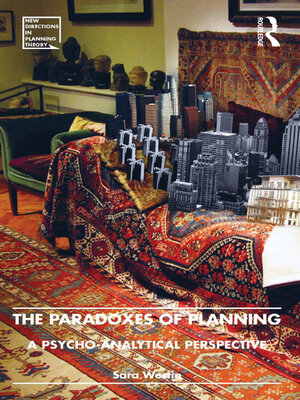
Sign up to save your library
With an OverDrive account, you can save your favorite libraries for at-a-glance information about availability. Find out more about OverDrive accounts.
Find this title in Libby, the library reading app by OverDrive.



Search for a digital library with this title
Title found at these libraries:
| Library Name | Distance |
|---|---|
| Loading... |
Why is it that modern architects and planners - these benevolent and socially visionary experts - have created environments that can make one feel so uneasy? Using a philosophical and psycho-analytical approach, this book critically examines expert knowledge within architecture and urban planning. Its point of departure is the gap between visions and realities, intentions and outcomes in planning, with particular focus on projects in Sweden that try to create an urban atmosphere. Finding insights from the work of Sigmund Freud and his followers, the book argues that urban planning during the 20th century is a neurotic activity prone to produce a type of alienation. Besides trying to understand the gap between intentions and outcomes in planning, the book also discusses how to define the concept of the urban, juxtaposing different knowledge traditions; contrasting the positivistic theory of space syntax with poetic-dialectical approaches, the planner view of the city with that of the flâneur, examining texts by Virginia Woolf and August Strindberg.







